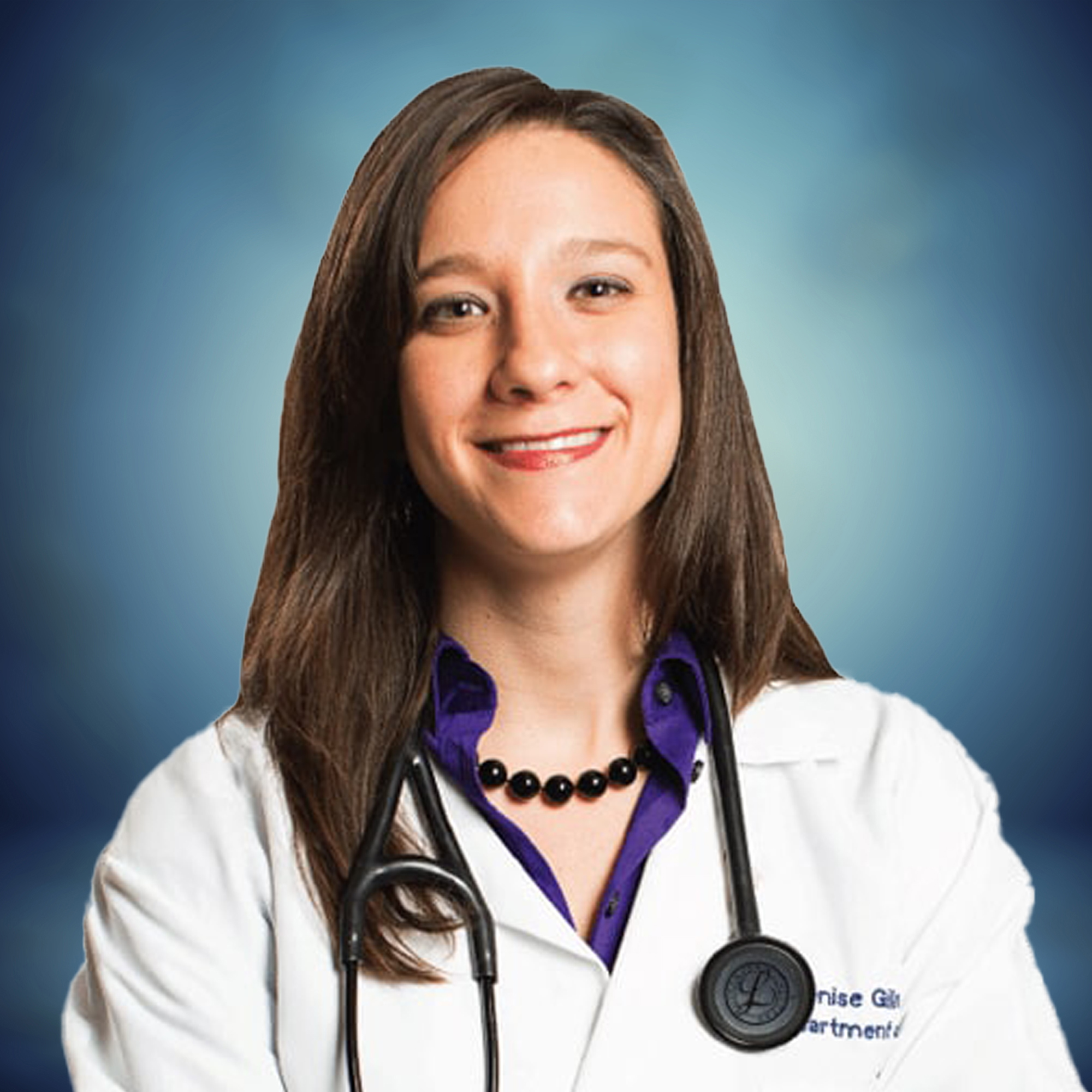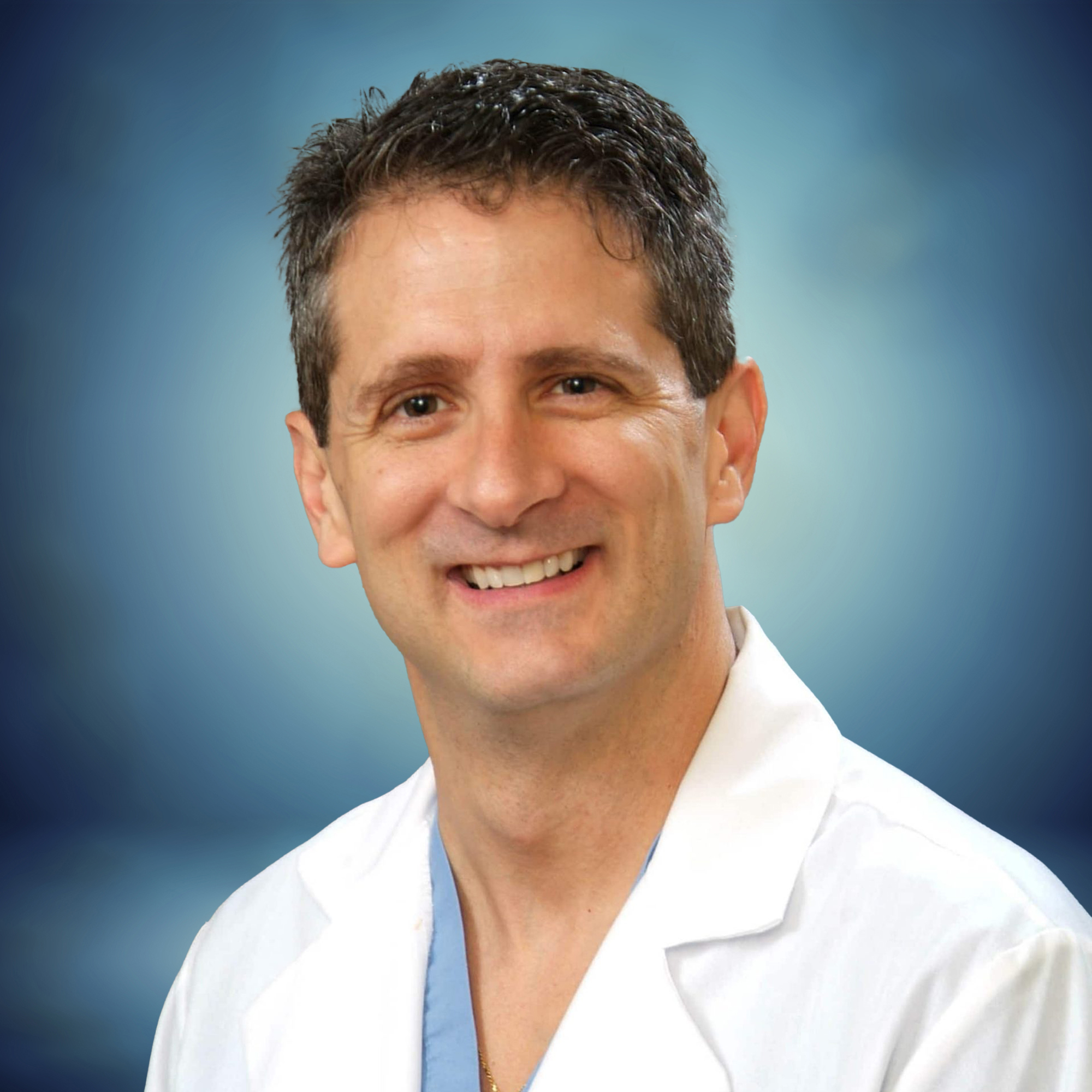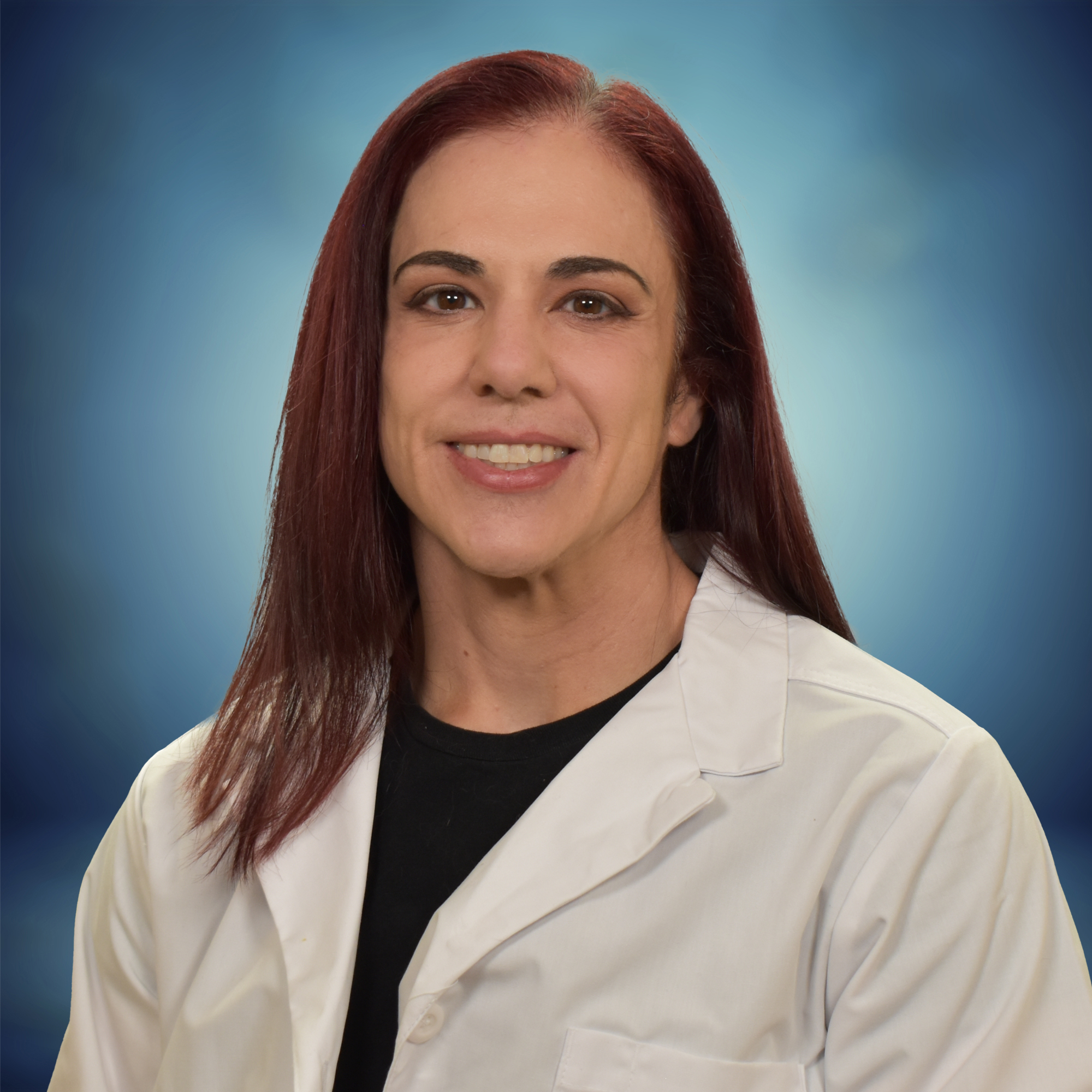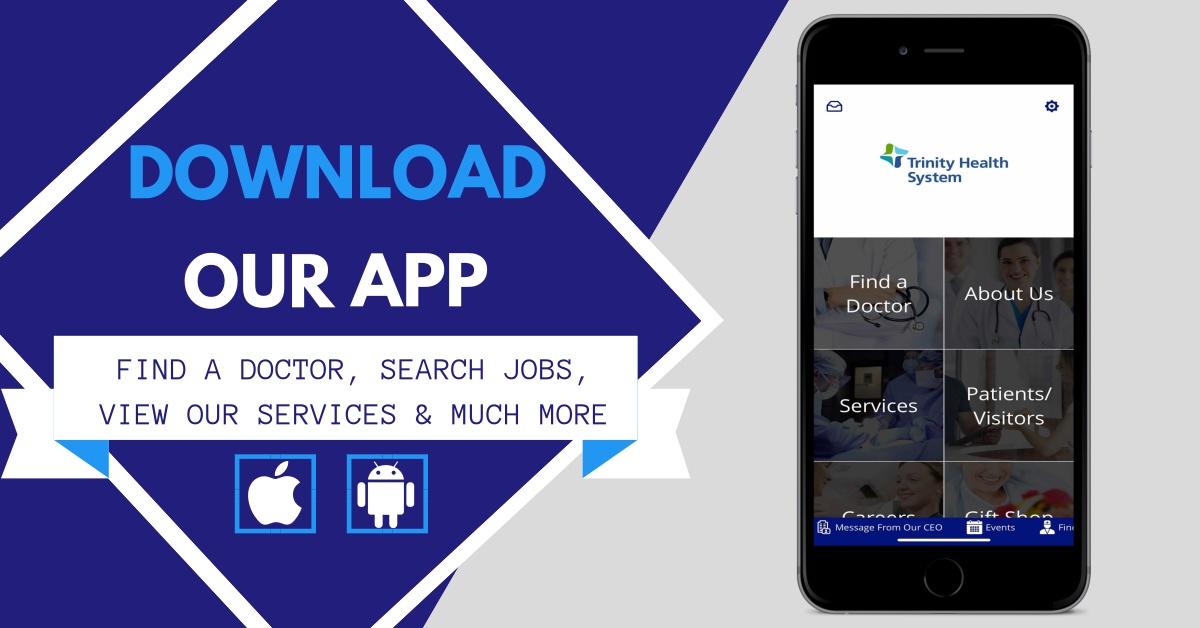General Surgery
When it comes to surgical care Trinity Health System knows the importance of quick response time, education & prevention.
Denise Gilman
General Surgeon
Samuel Licata
General Surgeon
Joyce Greco
Nurse Practitioner
Rami Abraham
General Surgery
Shawna Grimm
General Surgery
What is general surgery? When should you consult a general surgeon?
General surgery is frequently performed to help relieve suffering when a person cannot be cured via medication, physical therapy or other treatments. General surgery ranges from routine procedures performed in a physician’s office to more complicated operations requiring a medical team in a hospital.
General surgeons manage a broad spectrum of diseases and injuries affecting almost any area of the body. General surgery has made incredible advancements in recent decades, and procedure methods include:
- Laparoscopic: Laparoscopy is a surgery that uses a thin, tube-like instrument with a light and lens for viewing. The instrument is inserted through a small incision in the abdomen. Because the incision is smaller than would be needed for conventional surgery, the name “keyhole” or “belly button surgery” has sometimes been used to describe laparoscopy. Depending on the reason, laparoscopy may be done under general or local anesthesia.
- Open: Open surgery is the traditional type of surgery where an incision is made large enough for the surgeon to insert the instruments and see the surgical area through that incision.
- Robotic surgeries: Incisions with robotic-assisted surgery can be as small as the diameter of a quarter and are virtually scarless. When compared to other methods, recovery time is also quicker and patients have less pain after robotic surgery. Trinity Health System was the first in the region to have the da Vinci Surgical System, a state-of-the-art robotic platform that enables surgeons to perform complex surgeries through a minimally invasive approach.
Your family physician will likely be the one to recommend you to a general surgeon. Once you have narrowed down your list of potential general surgeons, you will typically have a consultation about your surgery so you know what to expect before, during and after your particular procedure.
Procedures
- General Surgery
- Breast Surgery
- Gallbladder
- Laparoscopy/Robotic Surgery
- Intestinal/Colon Surgery
- Hernia Surgery
- Skin Lesions
- Minimally Invasive Surgery
- Robotic Surgery including colon and hernia surgery
- Gastric Reux Surgery
- Gall Bladder Surgery
- Advanced Laparoscopic and Robotic Surgery
- G.I. & Colorectal Surgery
- Hemorrhoidal Disease
- Breast Cancer Surgery
- VNS (Vagal Nerve Stimulator) Surgery
- ATLS
- Varicose Vein Surgery
- Upper & Lower Endoscopy
- EGD
- Bravo pH Study
- Colonoscopy







